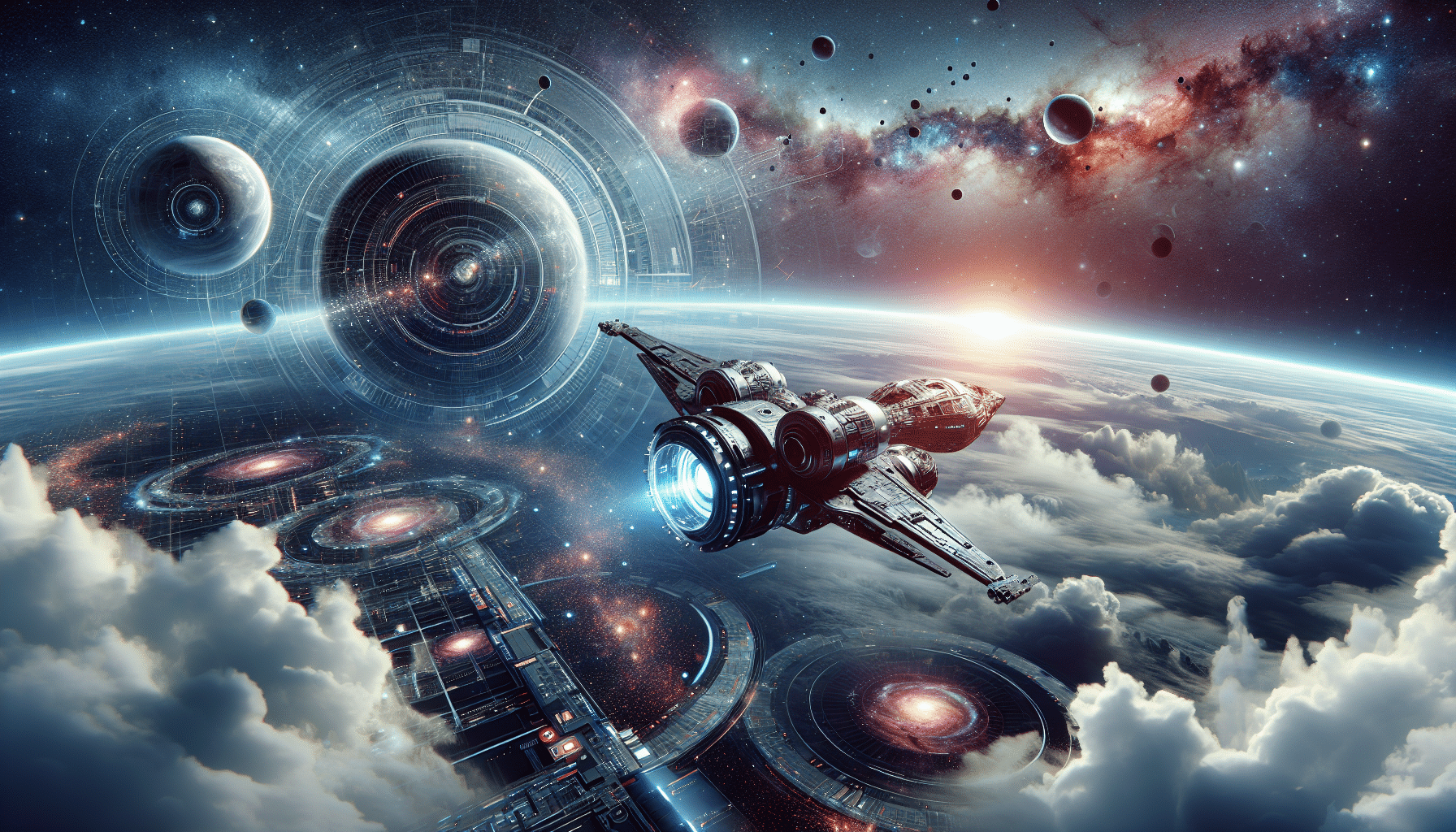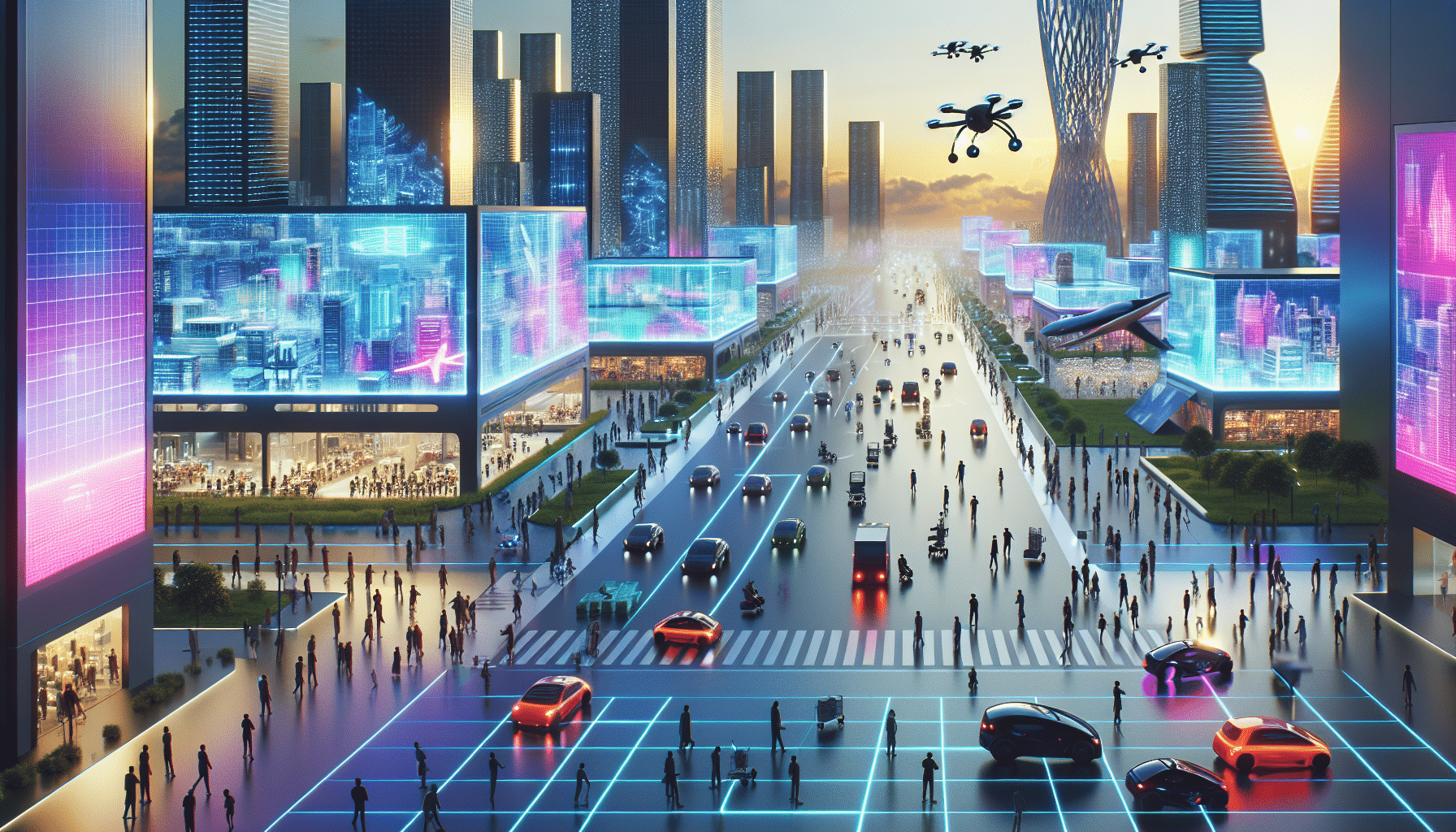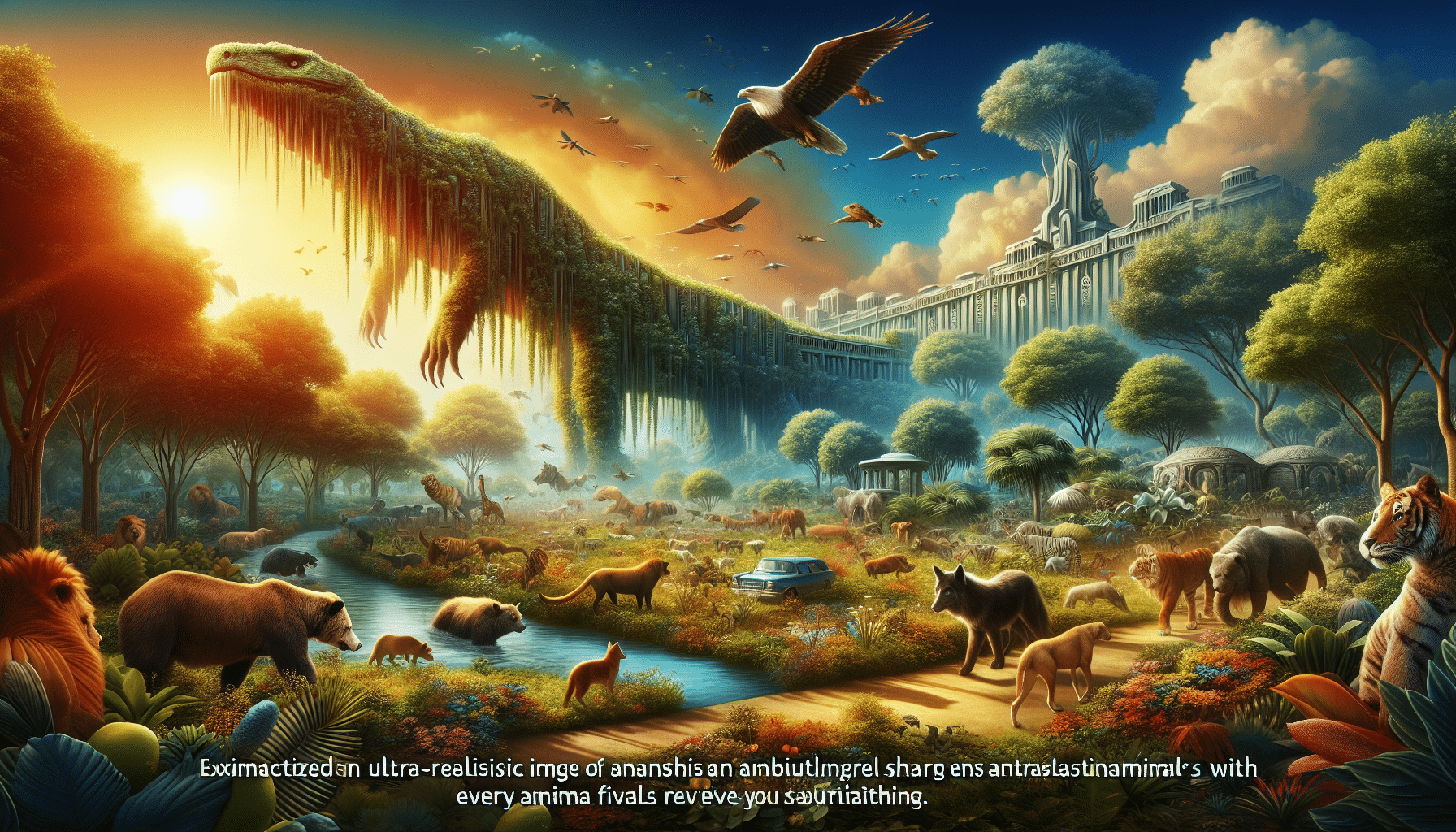Have you ever wondered what the future of space exploration will be like? Technology is advancing by leaps and bounds, and with it, the possibilities of discovering new planets, galaxies, and mysteries of the universe. In this article, we'll explore the latest developments in space technology that are revolutionizing the way we explore the cosmos.
One of the most exciting advancements is the development of new reusable rockets that are changing the way we travel to space. Companies like SpaceX are leading this revolution with their reusable spacecraft, which promises to dramatically reduce launch costs and make space exploration more accessible than ever.
Furthermore, artificial intelligence is playing a pivotal role in space exploration. From spacecraft navigation to the detection of extraterrestrial life, AI is helping scientists gather data and make decisions faster and with greater accuracy than ever before.
Finally, the advent of augmented reality and virtual reality is allowing astronauts to train for space missions in a whole new way. These immersive technologies are changing the way humans interact with space, preparing us for even more exciting discoveries in the future. Read on to discover more about these incredible innovations in space technology that are transforming our understanding of the universe!
Advanced propulsion technology
Propulsion technology is a fundamental aspect of space exploration, as it determines the speed and efficiency with which spacecraft can travel through the universe. In recent years, advanced propulsion technologies have been developed that promise to revolutionize the way we explore space.
One of the most promising innovations in this field is plasma propulsion, which uses ionized gas to generate a jet of high-speed particles that propel spacecraft. This technology offers greater efficiency and speed compared to conventional engines, allowing spacecraft to travel farther into space in less time.
Another emerging technology is the solar sail, which harnesses the pressure of sunlight to propel spacecraft. Although currently in the experimental phase, solar sails are expected to be a sustainable and economical way to travel through deep space in the future.
Autonomous exploration
Autonomous exploration is another crucial aspect of future space exploration. With the advancement of artificial intelligence and robotics, spacecraft can be programmed to perform complex tasks autonomously, without the need for constant human intervention.
An example of this is NASA's Mars Rover mission, which uses machine learning algorithms to navigate and make real-time decisions on the surface of Mars. This autonomous exploration capability will allow spacecraft to conduct deeper investigations and reach places inaccessible to humans.
Advanced space robotics
Space robotics is another constantly evolving field that is transforming the way we explore the universe. Space robots are being designed with increasingly sophisticated capabilities, allowing them to perform complex tasks in hostile environments like space.
One of the most exciting developments in space robotics is the creation of self-replicating robots, which can repair themselves in the event of damage or wear. These robots are essential for long-duration missions in space, where human intervention is not possible.
Furthermore, the miniaturization of robotics has enabled the creation of nanorobots that can explore tight spaces and conduct research at the molecular level. These advances in space robotics are opening up new possibilities for exploring the universe and searching for extraterrestrial life.

Conclusion
In short, advanced space technologies such as plasma propulsion and solar sails are revolutionizing the way we explore the universe, allowing spacecraft to travel greater distances in less time and more efficiently. Furthermore, autonomous exploration powered by artificial intelligence and robotics is enabling spacecraft to conduct deeper investigations and reach places inaccessible to humans.
On the other hand, advanced space robotics, with self-replicating robots and nanorobots, is opening up new possibilities for space exploration and the search for extraterrestrial life. These technological advances promise an exciting future in the field of space exploration, where collaboration between humans and machines will be essential to achieving new discoveries and better understanding the universe around us.
Ultimately, technological innovations in space are paving the way for a new era of cosmic exploration, where imagination and creativity combine with science and technology to expand our boundaries and discover the deepest secrets of the universe.





